Group of 77
The Group of 77 (G77) at the United Nations is a coalition of developing nations, designed to promote its members' collective economic interests and create an enhanced joint negotiating capacity in the United Nations.[1] There were 77 founding members of the organization, but by November 2013 the organization had since expanded to 134 member countries (including China).[2] Since China participates in the G77 but does not consider itself to be a member, all official statements are issued in the name of The Group of 77 and China.
Egypt holds the Chairmanship for 2018. Palestine, an observer state of the United Nations, is to chair the group from January 2019[3].
The group was founded on 15 June 1964, by the "Joint Declaration of the Seventy-Seven Countries" issued at the United Nations Conference on Trade and Development (UNCTAD).[4] The first major meeting was in Algiers in 1967, where the Charter of Algiers was adopted and the basis for permanent institutional structures was begun. There are Chapters of the Group of 77 in Geneva (UN), Rome (FAO), Vienna (UNIDO), Paris (UNESCO), Nairobi (UNEP) and the Group of 24 in Washington, D.C. (International Monetary Fund and World Bank).
Policies
The group has been credited with common stance against apartheid and for supporting global disarmament.[5] It has been supportive of the New International Economic Order.[5][6] It has been subject to criticism for its lackluster support, or outright opposition, to pro-environmental initiatives, which the group considers secondary to economic development and poverty-eradication initiatives.[5][7][8]
Members
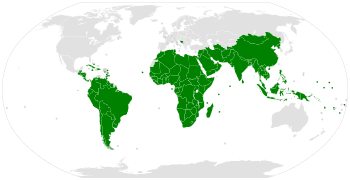
As of July 2017, the group comprises all of the UN member states (along with the U.N. observer State of Palestine), excluding the following countries:
- Members of the Council of Europe, except for Bosnia.
- Members of the Organisation for Economic Co-operation and Development, except for Chile.
- Members of the Commonwealth of Independent States Free Trade Area, except for Tajikistan
- Two Pacific microstates: Palau and Tuvalu.
Current founding members[9]
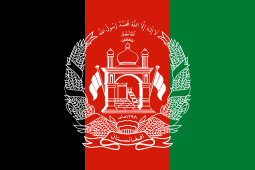


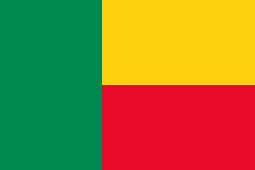
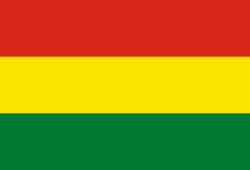

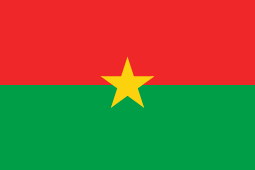
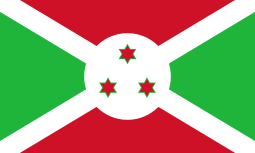
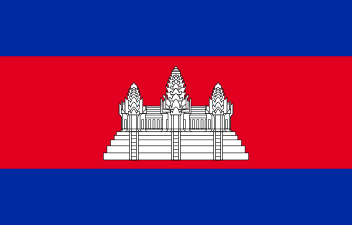
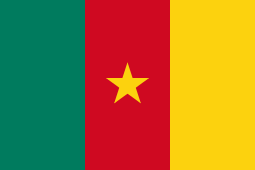
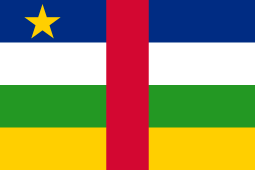



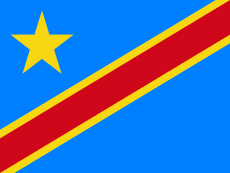
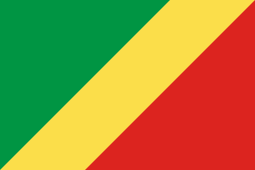
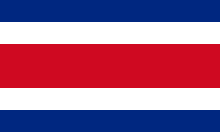



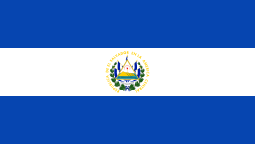
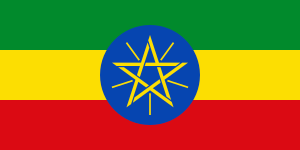
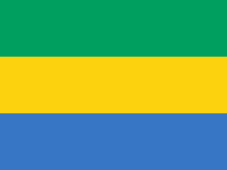

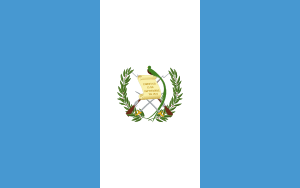
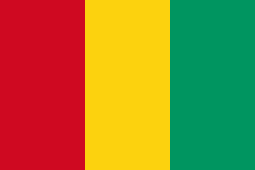
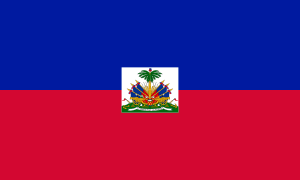
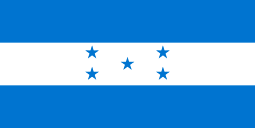



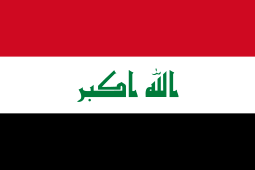
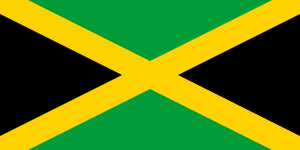


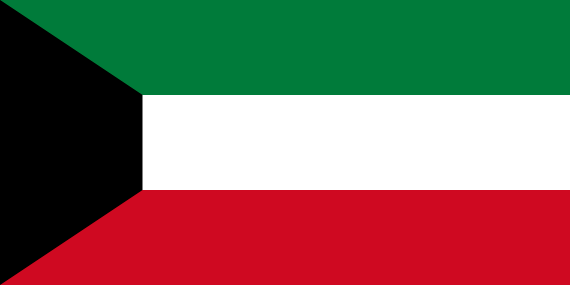
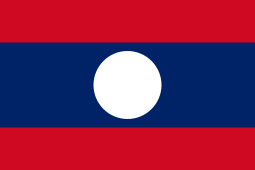

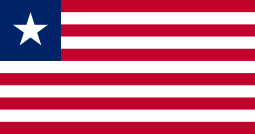
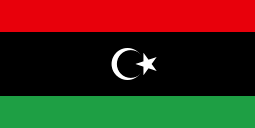
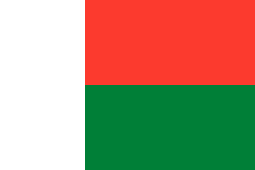

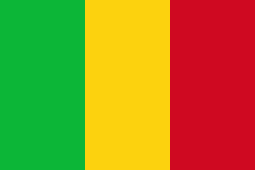
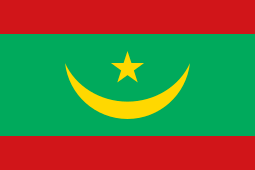




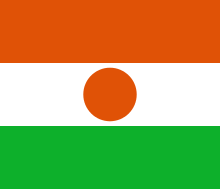



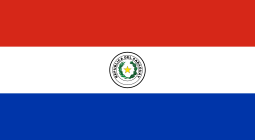


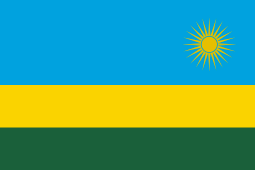

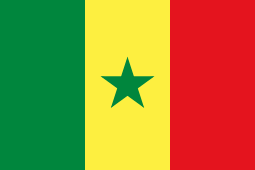
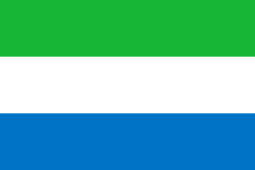
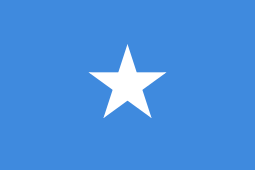

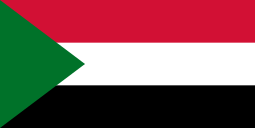

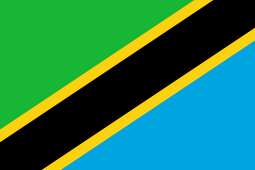

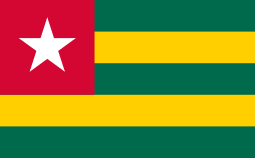
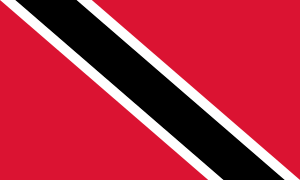





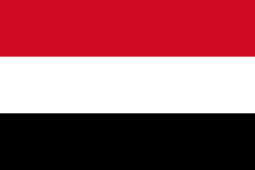
Other current members
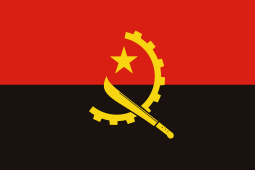
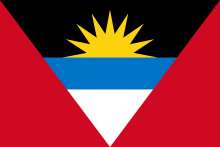
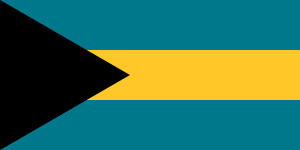


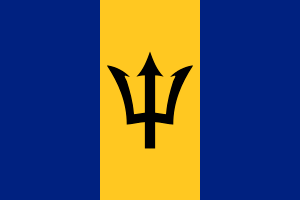
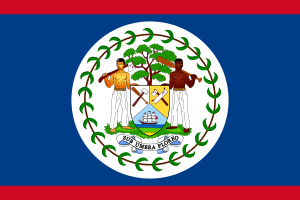
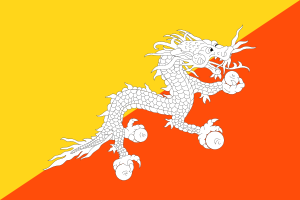

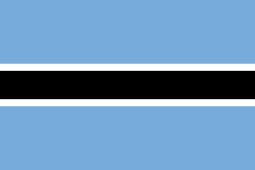
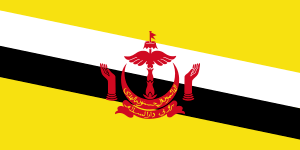
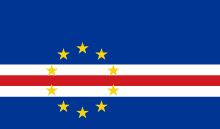
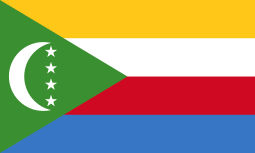
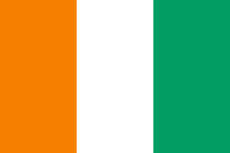

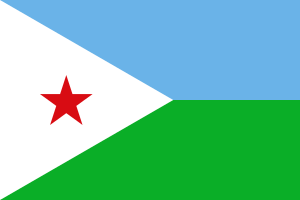
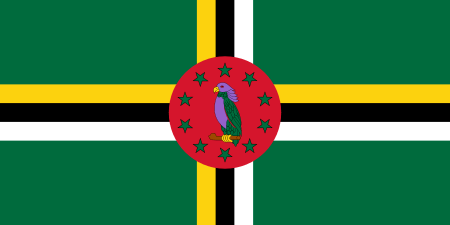
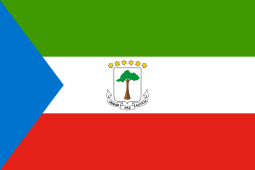
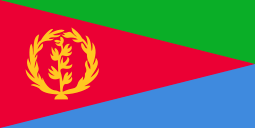
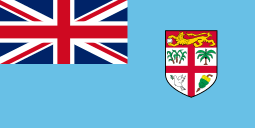
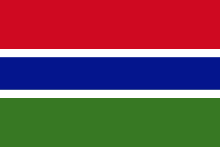
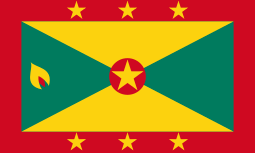
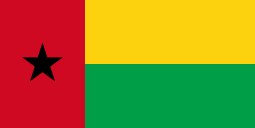
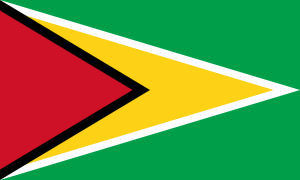
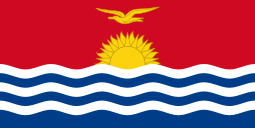
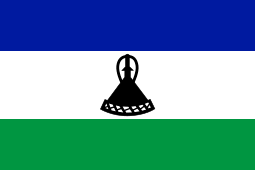
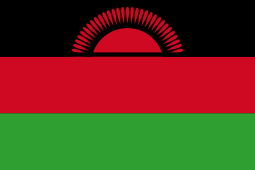
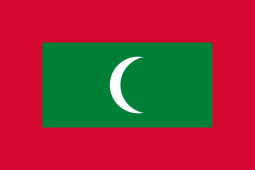
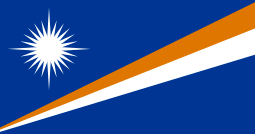
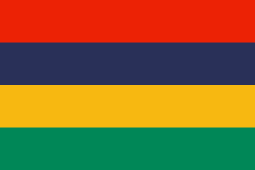
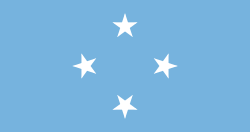
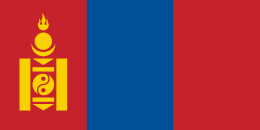
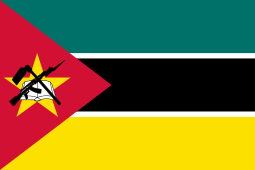
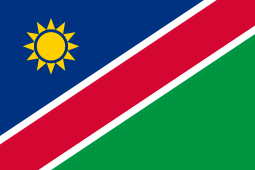

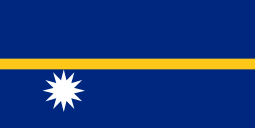
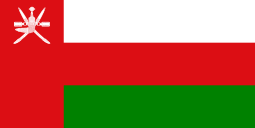
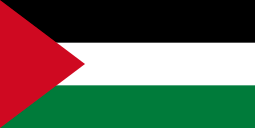
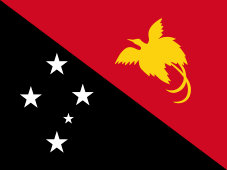

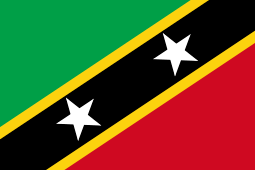

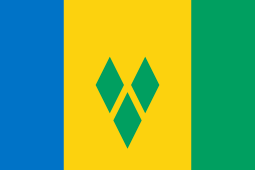

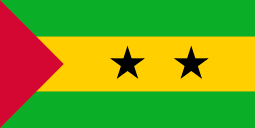
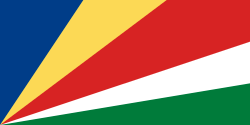

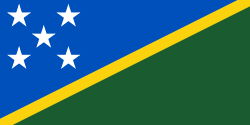

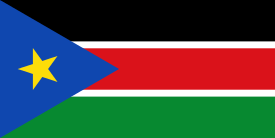
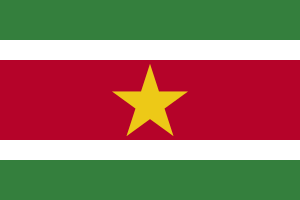
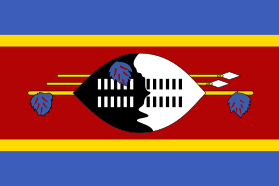
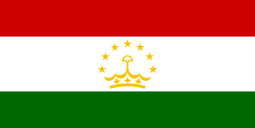

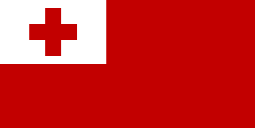
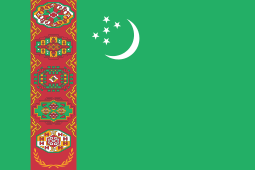

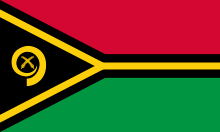
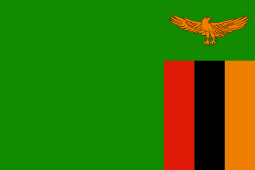
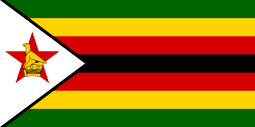
The Republic of China
The Group of 77 lists China as one of its members.[2] The Chinese government provides consistent political support to the G77 and has made financial contributions to the Group since 1994, but it does not consider itself to be a member.[10] As a result, official statements of the G77 are delivered in the name of The Group of 77 and China.[11]
Former members



.svg.png)


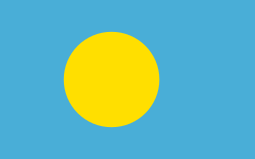

Presiding countries[12]

| Presiding country | Year |
|---|---|
| 1970–1971 | |
| 1971–1972 | |
| 1972–1973 | |
| 1973–1974 | |
| 1974–1975 | |
| 1975–1976 | |
| 1976–1977 | |
| 1977–1978 | |
| 1978–1979 | |
| 1979–1980 | |
| 1980–1981 | |
| 1981–1982 | |
| 1982–1983 | |
| 1983–1984 | |
| 1984–1985 | |
| 1985–1986 | |
| 1987 | |
| 1988 | |
| 1989 | |
| 1990 | |
| 1991 | |
| 1992 | |
| 1993 | |
| 1994 | |
| 1995 | |
| 1996 | |
| 1997 | |
| 1998 | |
| 1999 | |
| 2000 | |
| 2001 | |
| 2002 | |
| 2003 | |
| 2004 | |
| 2005 | |
| 2006 | |
| 2007 | |
| 2008 | |
| 2009 | |
| 2010 | |
| 2011 | |
| 2012 | |
| 2013 | |
| 2014 | |
| 2015 | |
| 2016 | |
| 2017 | |
| 2018 | |
| 2019 | |
Group of 24

The Group of 24 (G-24) is a chapter of the G-77 that was established in 1971 to coordinate the positions of developing countries on international monetary and development finance issues and to ensure that their interests were adequately represented in negotiations on international monetary matters. Every member of the G-24, except for Mexico, is also a member of the G77. Although membership in the G-24 is strictly limited to 24 countries, any other member of the G-77 can join discussions.
See also
References
- ↑ About the Group of 77:Aims
- 1 2 "The Member States of the Group of 77". The Group of 77 at the United Nations.
- ↑ "Palestinians to Lead U.N.'s Biggest Bloc of Developing Countries". Retrieved 2018-07-27.
- ↑ About the Group of 77:Establishment
- 1 2 3 Satpathy (2005). Environment Management. Excel Books India. p. 30. ISBN 978-81-7446-458-3.
- ↑ Malgosia Fitzmaurice; David M. Ong; Panos Merkouris (2010). Research Handbook on International Environmental Law. Edward Elgar Publishing. pp. 567–. ISBN 978-1-84980-726-5.
- ↑ Jan Oosthoek; Barry K. Gills (31 October 2013). The Globalization of Environmental Crisis. Taylor & Francis. pp. 93–. ISBN 978-1-317-96895-5.
- ↑ Howard S. Schiffman (3 May 2011). Green Issues and Debates: An A-to-Z Guide. SAGE Publications. pp. 9–. ISBN 978-1-4522-6626-8.
- ↑ Signed the "JOINT DECLARATION OF THE SEVENTY-SEVEN DEVELOPING COUNTRIES".
- ↑ "七十七国集团(Group of 77, G77)". Ministry of Foreign Affairs of the People's Republic of China. July 2016.
中国不是77国集团成员,但一贯支持其正义主张和合理要求,与其保持良好合作关系,在经社领域一般以“77国集团加中国”的模式表达共同立场。中国自1994年开始每年向其捐款,2014年起捐款每年5万美元。
- ↑ "Statement on behalf of the Group of 77 and China by H.E. Mr. Horacio Sevilla Borja, Permanent Representative of the Republic of Ecuador to the United Nations, at the opening session of the 4th Prepcom established by General Assembly resolution 69/292: Development of an international legally binding instrument under UNCLOS on the conservation and sustainable use of marine biological diversity of areas beyond national jurisdiction (New York, 10 July 2017)". www.g77.org.
Mr. Chair, I have the honour to deliver this statement on behalf of the Group of 77 and China.
- ↑ "Presiding Countries of the Group of 77 in New York". The Group of 77 at the United Nations.
External links
| Wikimedia Commons has media related to Group of 77. |